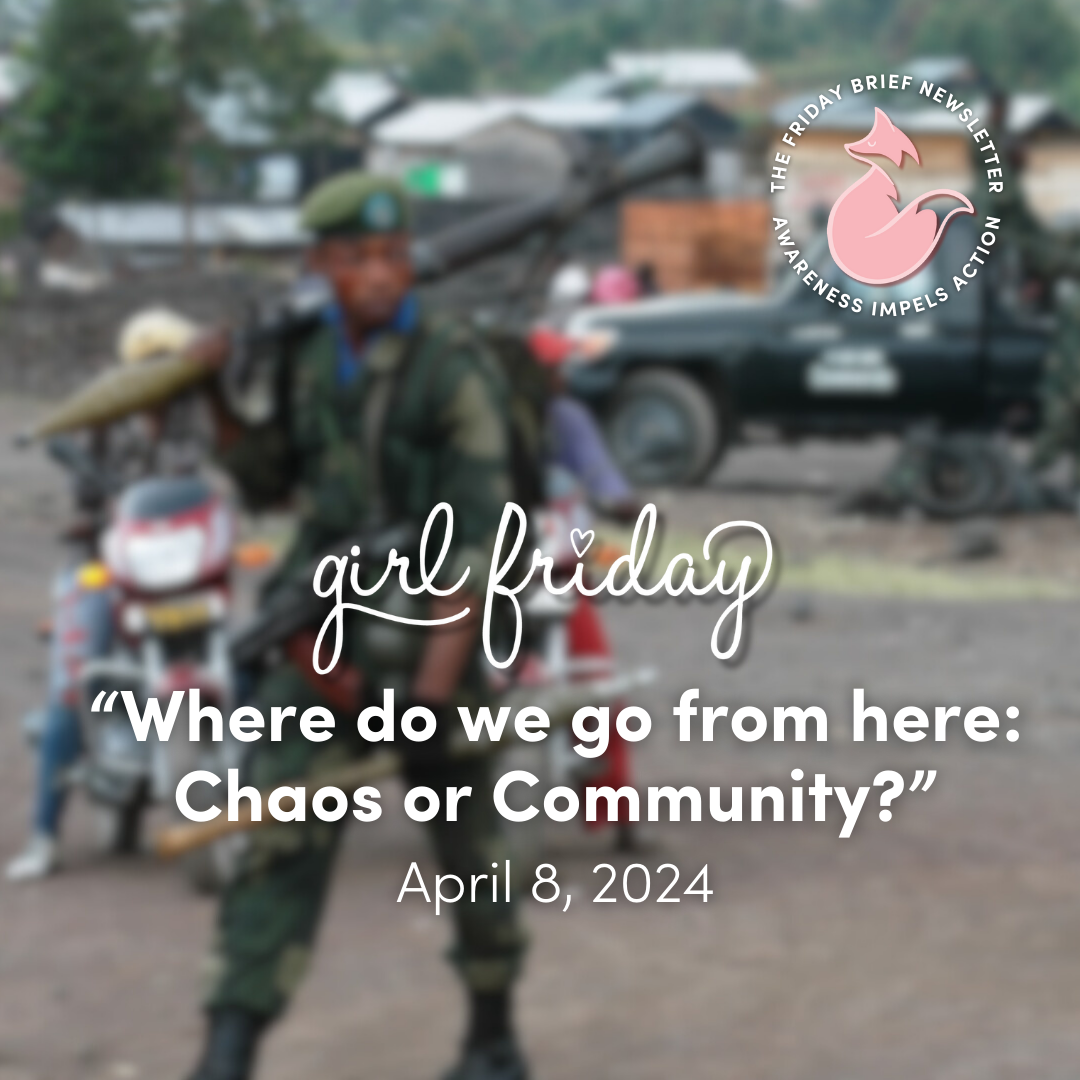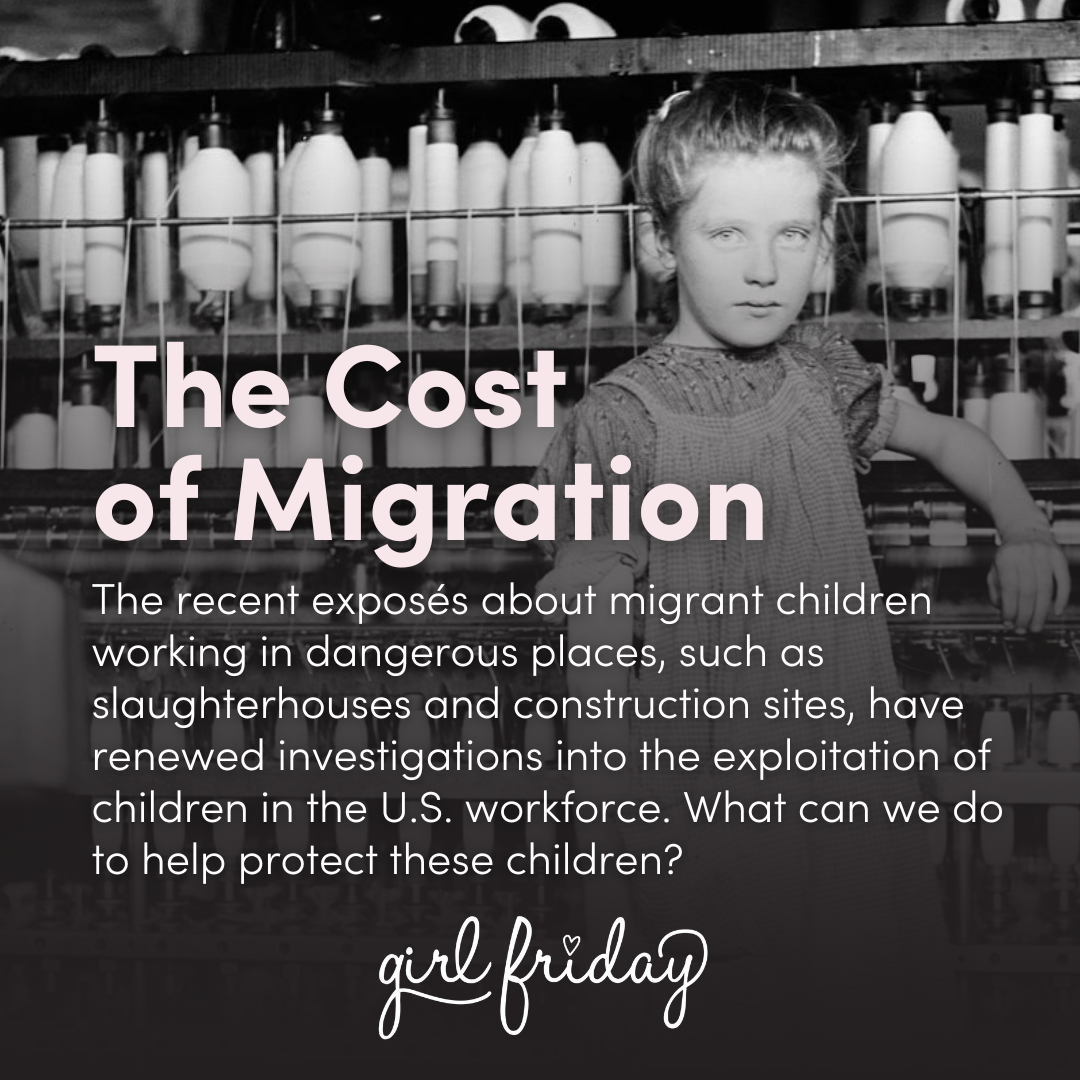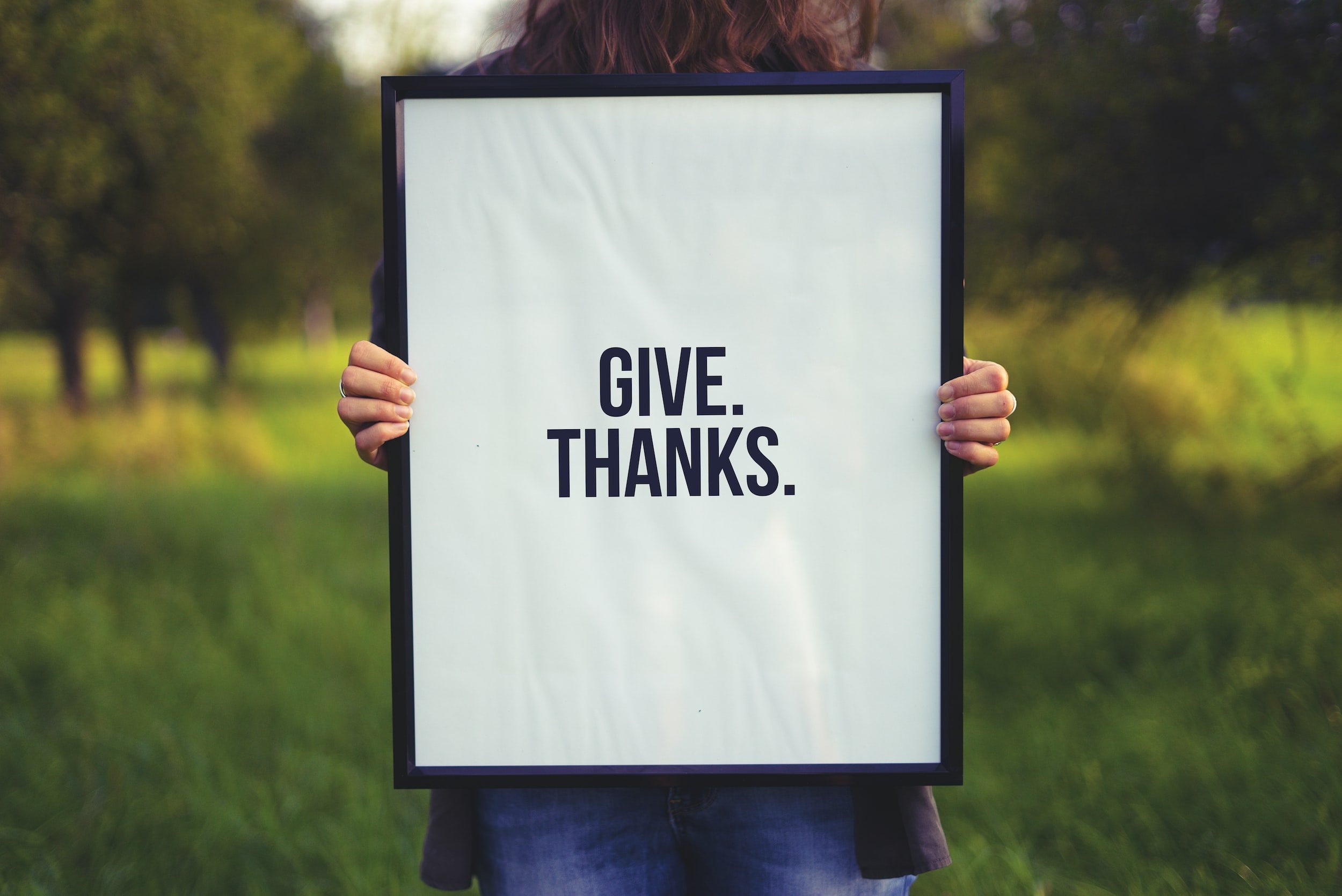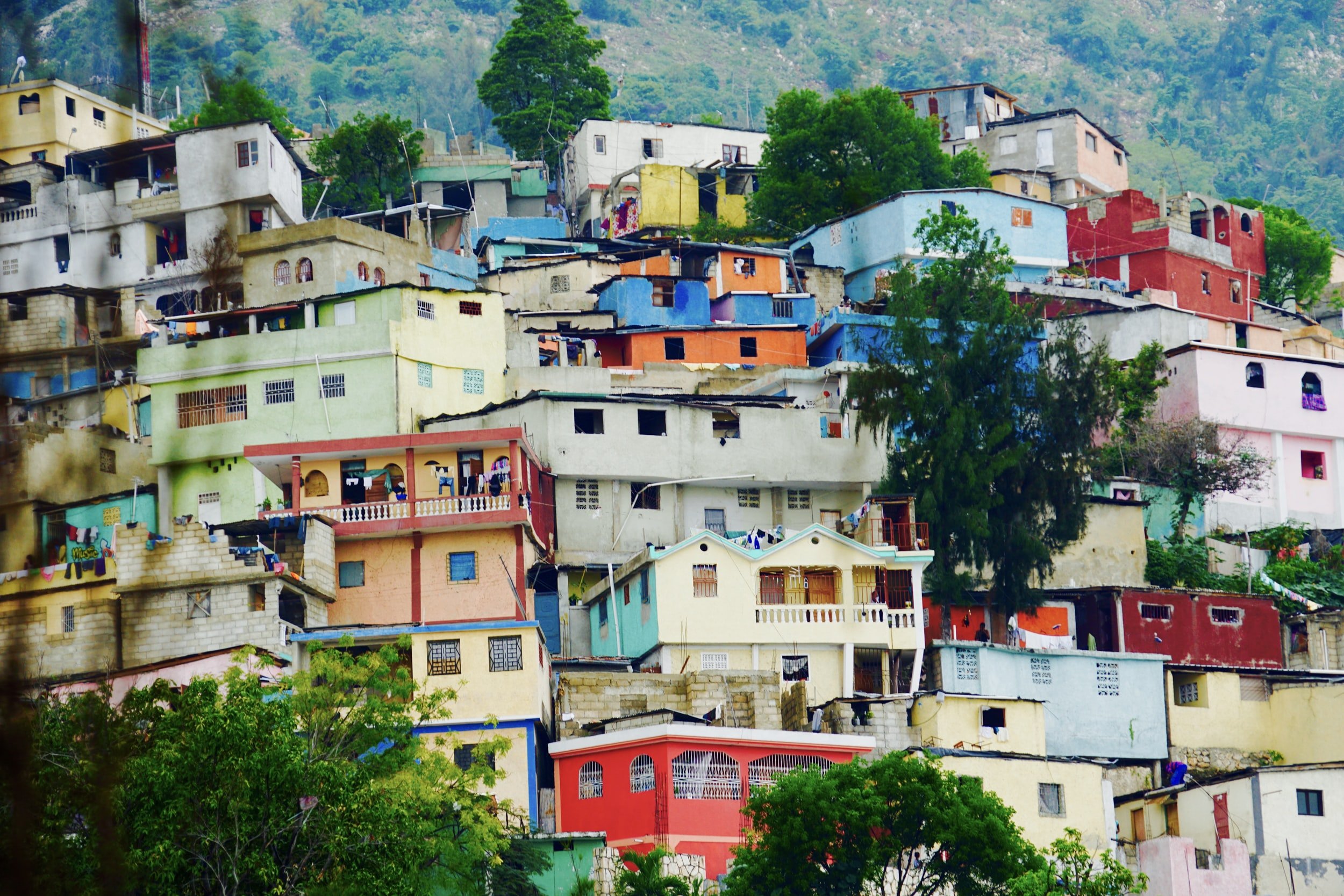
"Where do we go from here: Chaos or Community?"
As the media looks to the sky for a cosmic event today, governments should look inward to remember their roles in the Rwandan genocide. It has been 30 years since the start of 100 days of torture, sexual assault, and murder in Rwanda. What have political leaders implemented in the three decades since the conclusion of that genocide to prevent mass violence and ethnic cleansing? The lessons from Rwanda have started to feel more like faint echoes instead of righteous calls to action to prevent crimes against humanity. Nowhere are those seemingly ignored lessons more apparent than in the Democratic Republic of the Congo (DRC).

Snide & Prejudice: Uganda Bows to Bigotry
On Tuesday, Uganda's parliament passed a law criminalizing individuals who identify as LGBTQ. This is now one of the world's most punitive and discriminatory laws against the LGBTQ community. Punishments for offenses are steep, including jail time and even the death penalty in some cases. What can we do to stand up for the LGBTQ community in Uganda?

The Cost of Migration: Child Labor in the U.S.
Child labor in the U.S. is not a new phenomenon. The recent exposés about migrant children working in dangerous places like slaughterhouses and on construction sites have renewed investigations into the exploitation of children in the U.S. workforce. Addressing this issue on the House floor, Rep. Hillary Scholten (D-MI-3) said, “Stories of kids dropping out of school, collapsing from exhaustion, and even losing limbs to machinery are what one expects to find in a Charles Dickens or Upton Sinclair novel, but not an account of everyday life in 2023, not in the United States of America.” What can we do to protect migrant children - and all children - from labor exploitation?

Two Gretas and One Pizza Box? The Takedown of Andrew Tate
How many Gretas does it take to bring down a notorious online misogynist and alleged human trafficker? Just two. While this week's turn of events in Romania has certainly been an amusing and satisfying end to the year on social media, what can we do about the growing acceptance of violence against women online? How can we end misogyny on social media?

End of Year Giving 2022
As we approach 2023, you might think about final end-of-year gifts to organizations that positively impact our global community. If you are still looking for an organization to support, check out (and share!) these five suggestions.

Gang Wars Ignite in Cité Soleil
Our last newsletter about Haiti, "The Long, Hot Summer in Haiti," was sent almost exactly one year ago. At the time, President Jovenel Moïse had just been assassinated by a team of mercenaries. Haiti was in economic free fall, and Moïse had publicly acknowledged the rise in violent crime, including organized gangs that receive support from ransoms extracted from child kidnappings. If his fierce opposition believed that a political assassination would somehow reduce violent crime, they underestimated the symptoms and conditions that have perpetuated the violence. Exactly one year after Moïse's assassination, Port-au-Prince is once again in the news for an extreme spike in chaos, anarchy, and violence. Two gangs have ripped apart the Cité Soleil district in the country's capital. Who is responsible, and how have Haitian children been impacted by the violence?
